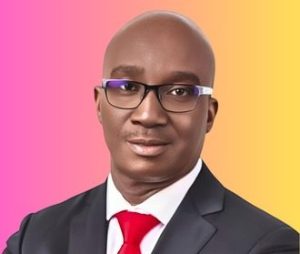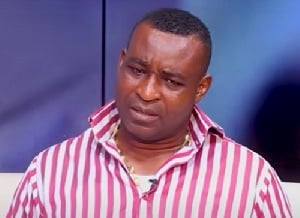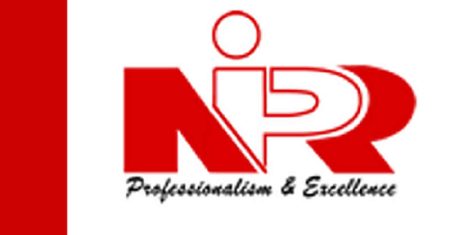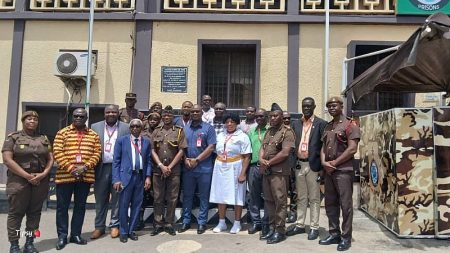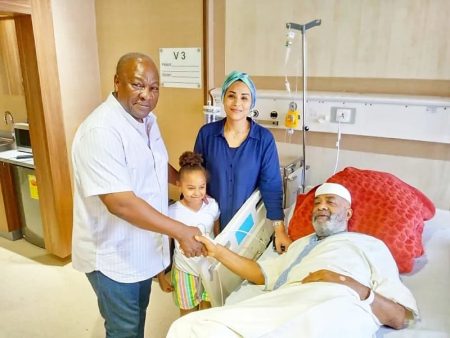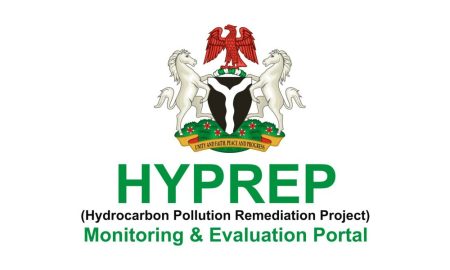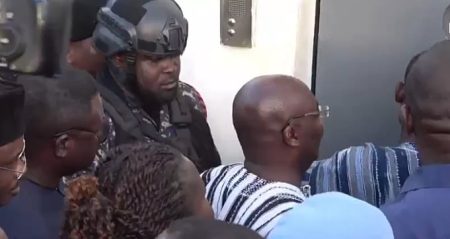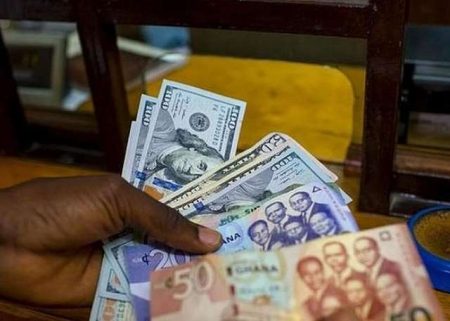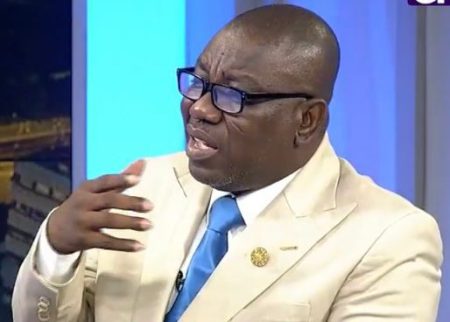The arrest and continued detention of Bernard Antwi-Boasiako, widely known as Chairman Wontumi, the Ashanti Regional Chairman of the New Patriotic Party (NPP), has ignited a political firestorm in Ghana. Wontumi, a prominent figure within the ruling party, finds himself embroiled in a complex legal battle involving accusations of fraud, causing financial loss to the state, and money laundering. The Economic and Organised Crime Office (EOCO), the body leading the investigation, has reportedly uncovered potential connections between Wontumi and an international organized crime syndicate, further escalating the gravity of the allegations. While a court has granted Wontumi bail set at GHS50 million, his legal team’s inability to meet the stringent conditions has resulted in his continued confinement, fueling accusations of political maneuvering and raising concerns about the independence of state institutions.
The case against Wontumi has rapidly morphed into a political flashpoint, with the NPP vehemently protesting what they perceive as a targeted assault on their party and its influential regional chairman. The Ashanti Region, a traditional stronghold of the NPP, represents a crucial voting bloc, and the party leadership views Wontumi’s detention as a deliberate attempt to destabilize their base and undermine their political influence. This sentiment resonates deeply within the NPP’s grassroots, contributing to a growing sense of outrage and solidifying the perception of a politically motivated prosecution. The party’s accusations are directed not only at EOCO but also at the opposition National Democratic Congress (NDC), whom they accuse of orchestrating the investigation to weaken their political rivals.
EOCO, however, maintains that its actions are solely based on evidentiary findings and the ongoing investigation, denying any political motivations. The agency asserts that it is committed to upholding the rule of law and pursuing justice irrespective of political affiliations. This stance, however, has failed to quell the rising political tensions surrounding the case. The NPP’s claims of political persecution have gained traction within their ranks and among a segment of the public, creating a climate of distrust and further polarizing the political landscape. The clashing narratives presented by EOCO and the NPP contribute to the complexity of the situation, making it challenging to discern the true nature of the investigation and the extent of any potential political influence.
The legal proceedings surrounding Wontumi’s case are now under intense scrutiny, with each development fueling further speculation and intensifying the political rhetoric. The NPP Minority in Parliament has taken a leading role in challenging the legality of Wontumi’s detention and accusing EOCO of bias. Their arguments center on the assertion that state institutions are being weaponized by the ruling party to silence and intimidate political opponents. This narrative resonates with the NPP’s broader claims of political persecution and adds another layer of complexity to the ongoing legal battle. The parliamentary involvement underscores the high-stakes nature of the case and its potential to significantly impact the political landscape.
The GHS50 million bail amount set for Wontumi has become a central point of contention, with the NPP arguing that it is excessively high and designed to keep their regional chairman incarcerated. They view this as a further indication of the politically motivated nature of the prosecution and a deliberate attempt to hinder Wontumi’s ability to mount a legal defense. The inability of Wontumi’s legal team to meet the bail conditions has further solidified this perception, fueling accusations of a politically driven scheme to keep him behind bars. The financial burden imposed by the bail amount has become a symbolic representation of the alleged injustices facing Wontumi and the NPP, further galvanizing support for their cause.
As Chairman Wontumi remains in custody, the case continues to unfold with each passing day, generating further political intrigue and intensifying the divide between the NPP and the ruling NDC. The accusations of political persecution, the high-profile nature of the accused, and the significant bail amount have all contributed to transforming this legal battle into a major political event. The ongoing investigation by EOCO, the parliamentary debates, and the public discourse surrounding the case are all shaping the narrative and influencing public opinion. The outcome of this case is likely to have significant repercussions for the political landscape of Ghana, potentially impacting future elections and the balance of power between the major political parties. The accusations of weaponizing state institutions against political opponents raise crucial questions about the integrity of the justice system and the health of Ghana’s democracy.




